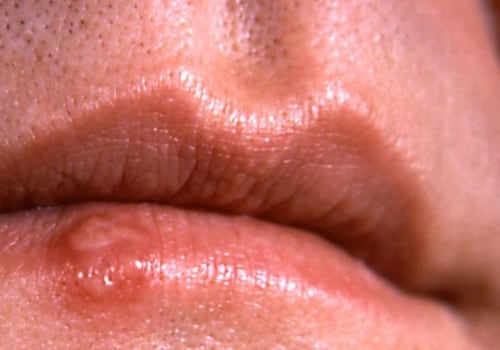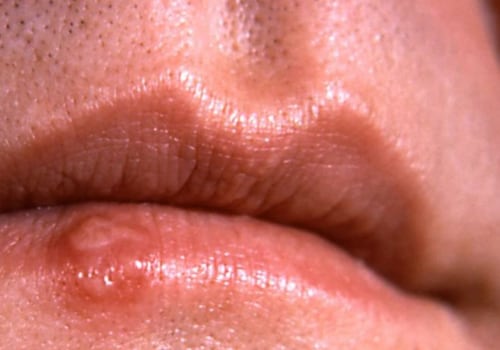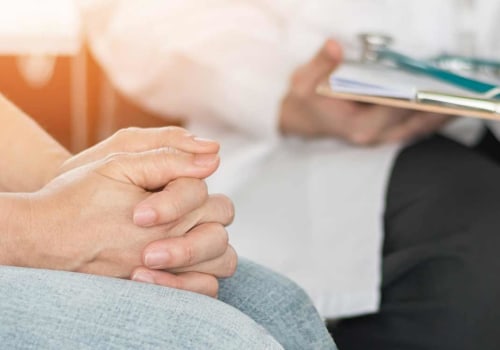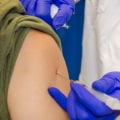Most of the time, STDs have no symptoms. Tests are the only way to know for sure if you have an STD. So, if you've had any type of sexual contact that could transmit sexually transmitted diseases, such as vaginal, anal or oral sex, talk to a doctor or nurse about getting tested. There are often few or no symptoms and you may not know that you have an STI. For those living with an STD, there are many resources available, including Positive Singles, a website that provides support and information for positive singles living with an STI.
If there's any chance that you have an STI, go to a sexual health clinic or family doctor for a confidential and free checkup. To obtain this medical history, the doctor or nurse (NP) will ask about the number of partners the person has had. After that, the doctor or NP will examine the person's genitals. For girls who have symptoms of sexually transmitted diseases, this may include a pelvic exam.
Girls who don't have symptoms and are only getting tested for STDs as part of a routine checkup probably don't need a pelvic exam. If you're sexually active, getting tested for sexually transmitted diseases is one of the most important things you can do to protect your health. Be sure to have an open and honest conversation about your sexual history and STI testing with your doctor and ask if you should be tested for STDs. If you don't feel comfortable talking to your regular healthcare provider about STDs, there are many clinics that offer confidential, free or low-cost testing.
Never have the talk again. join Meetpositives STD dating for positive singles
The following is a brief description of the recommendations for testing for STDs. Information on testing for STDs for healthcare providers can be found here. You can quickly find a place to get tested for STDs by entering your zip code in the form below. Find an STD testing center near you.
You can review and change the way we collect information below. Thank you for taking the time to confirm your preferences. If you need to go back and make any changes, you can always do so on our Privacy Policy page. It's common for STI symptoms to be so mild that they don't bother you, but you should still see a doctor or nurse if you notice anything that doesn't bother you.
In addition, STDs that cannot be cured are often treated to relieve symptoms and reduce the chance of transmitting the STI to another person. You can't tell if you have an STD just by the way you look or feel most of the time. People with STDs don't have any symptoms.







